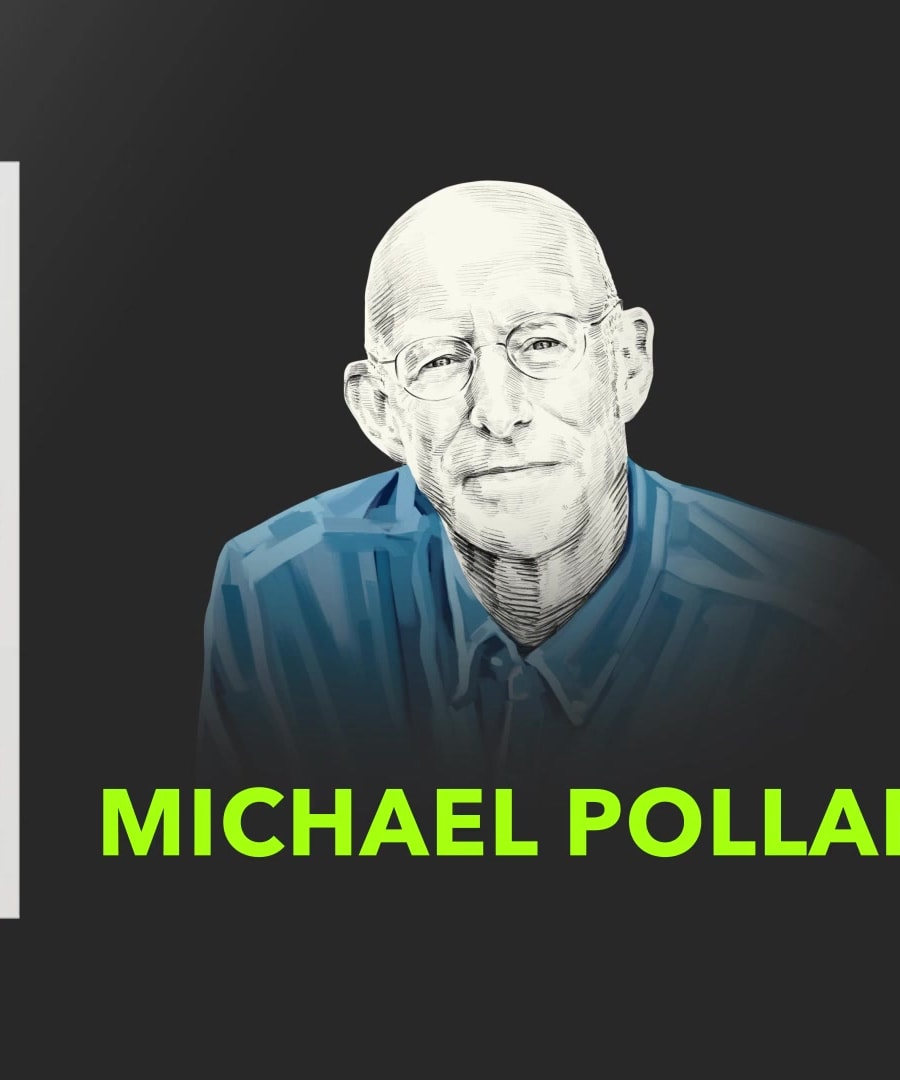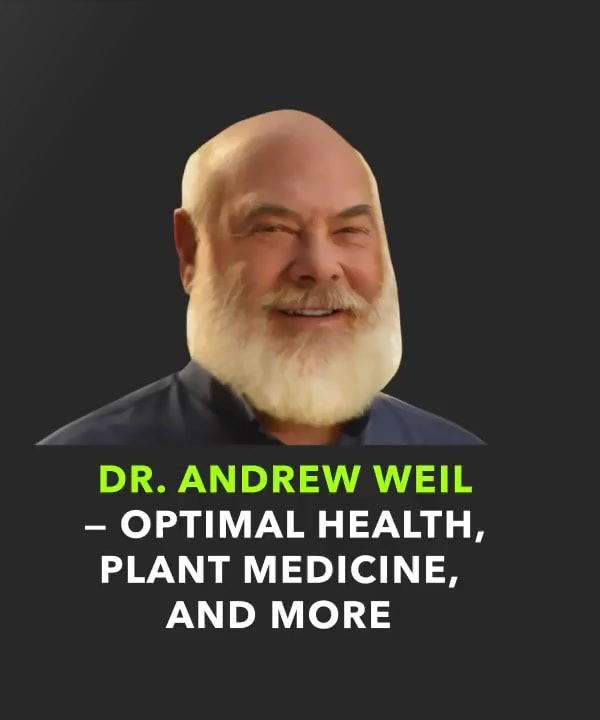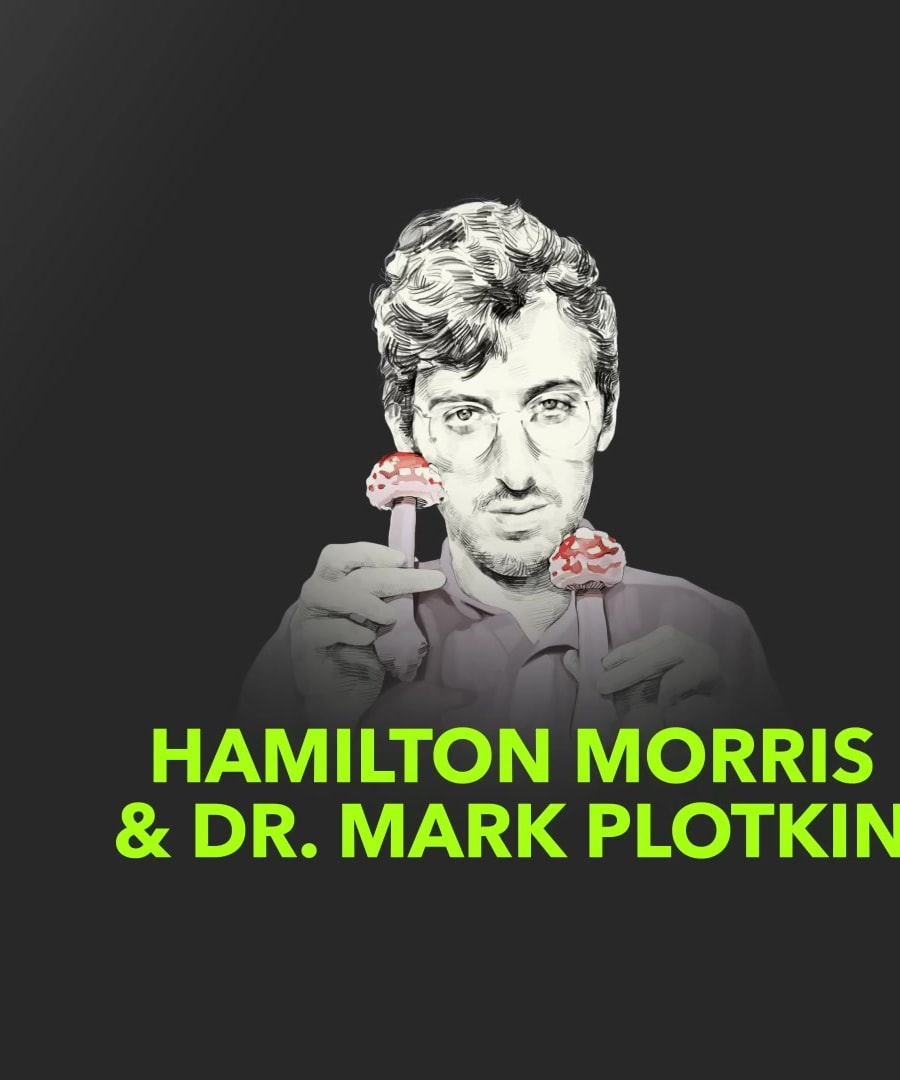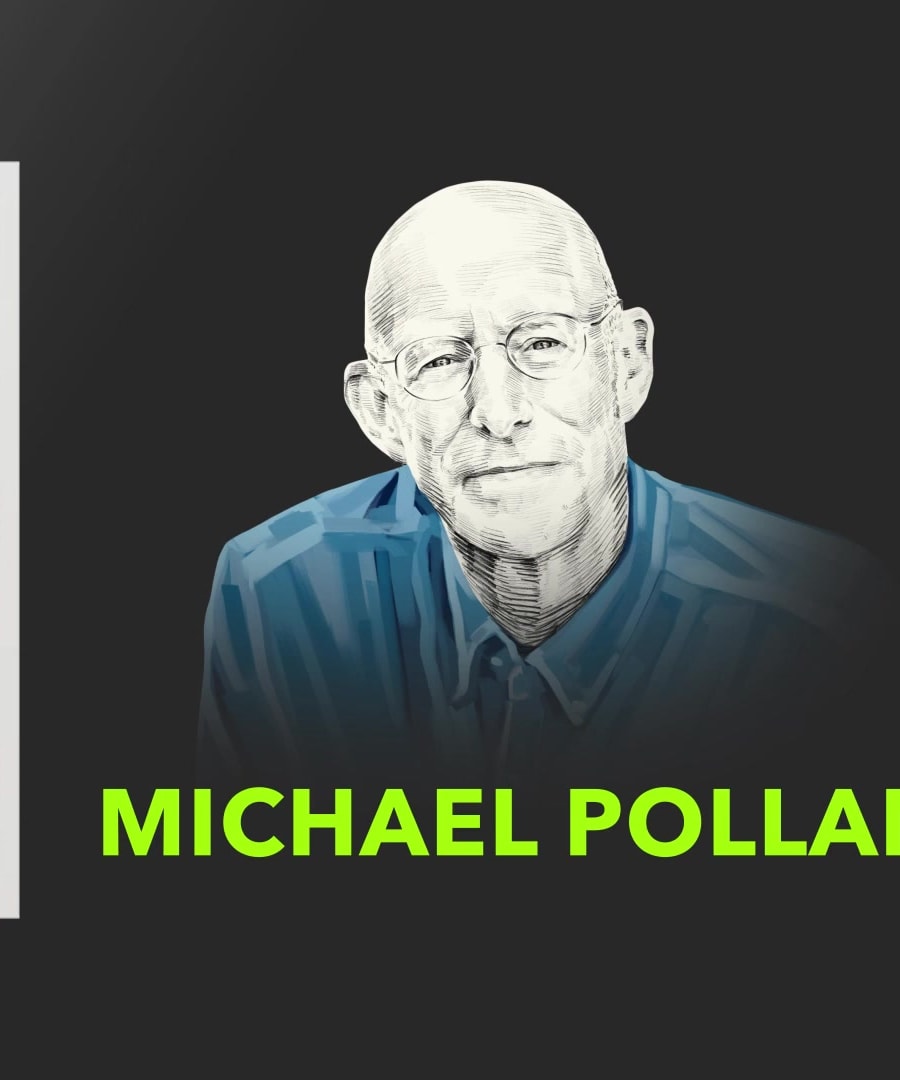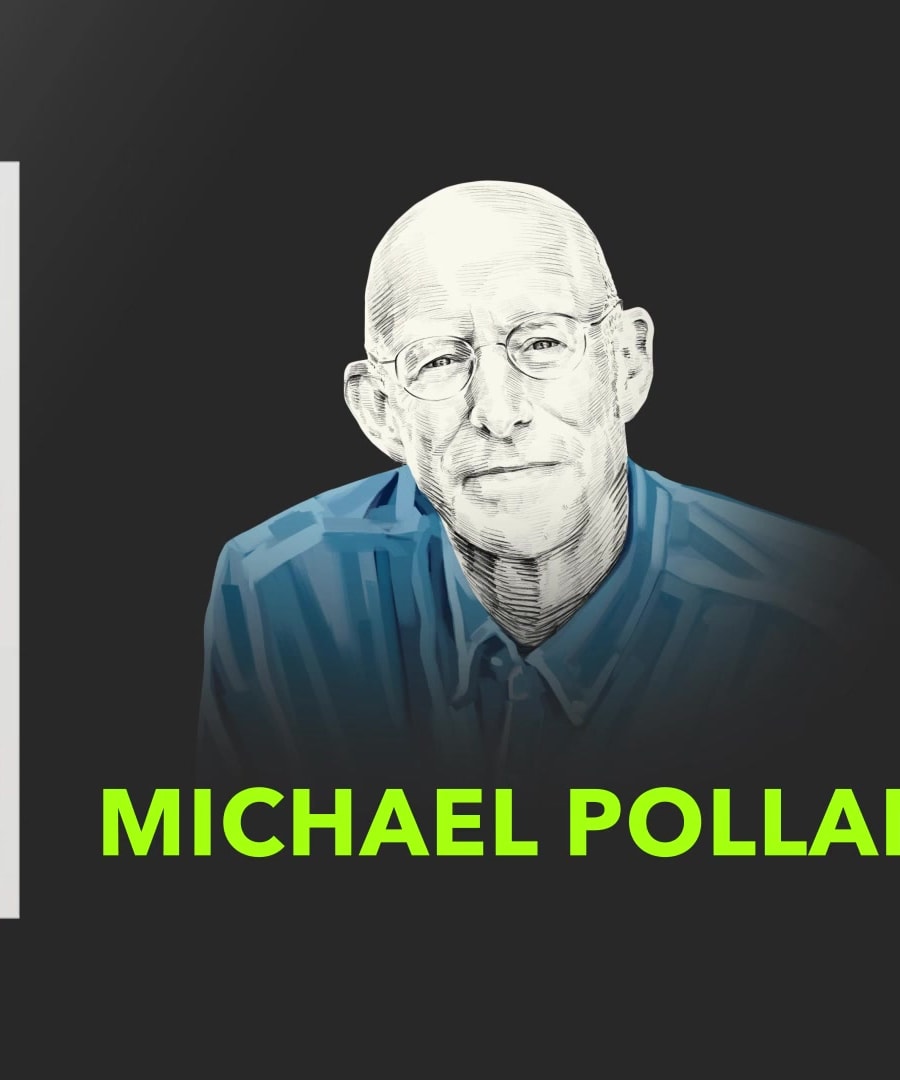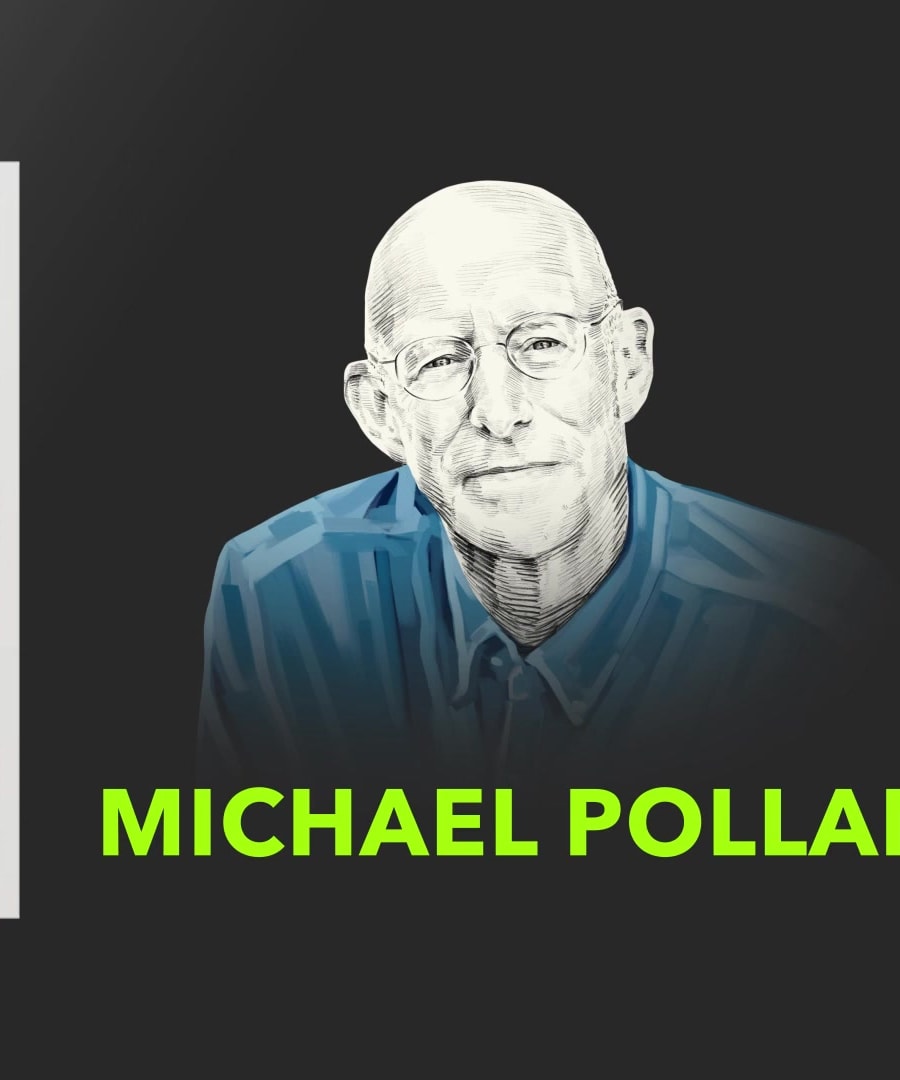Mescaline
Sources:
Tim Ferriss has had meaningful discussions on mescaline across several podcast episodes. Here are summaries of the insights shared by his guests on the subject:
-
Unique experience: Mescaline provides an experience distinct from other psychedelics such as psilocybin or LSD. It intensifies sensory perceptions, deepening our engagement with the present rather than transporting the individual to another world. The drug facilitates a heightened awareness of reality, where even mundane objects become fascinating. Unlike psychedelics which might lead to ego dissolution or intense hallucinations, mescaline tends to keep the users grounded in the here and now. Users report that colors seem more vivid and that they can engage in conversations more easily during the experience 1.
-
First experiences: Personal accounts of first-time mescaline use vary. One guest described an anticlimactic first experience followed by a profound altered state during a second use, with feelings of oneness and a larger reality 2.
-
Synthetic versus natural mescaline: An interesting conversation highlights how the placebo effect and personal beliefs might influence the subjective experiences of those using plant-derived mescaline compared to its synthetic counterpart. Chemically, there is nominally no difference, but user expectations can significantly color the experience 3.
-
Potential for therapy: Mescaline has shown promise in aiding therapy, particularly in coping with trauma and alcoholism, within certain cultural contexts, such as among Native American populations, where it has been used for healing both spiritually and physically. Its potential in group therapy contexts has also been discussed, given its capacity for fostering openness and conversation 4.
-
Cultural and legal implications: There is an ongoing dialogue about how society might constructively integrate substances like mescaline into cultural practices, beyond the medical model. The conversation around the cultural 'container' for drugs like mescaline is ongoing and reflects a larger question about the post-drug war regulatory landscape 5.
-
Future possibilities: The future of psychedelic substances in therapy may include not only traditional molecules like mescaline but also newly developed or altered drugs designed to reduce side effects, alter duration, or even provide therapeutic benefits without the psychedelic experience—a notion that challenges the prevailing assumption that the experiential aspect is essential for healing 6.
Tim Ferriss navigates these discussions with his guests, exploring the multifaceted nature of mescaline as a substance and its diverse potential uses.
RELATED QUESTIONS-
